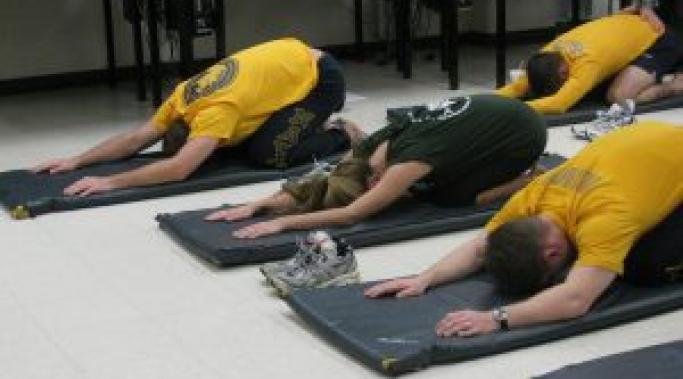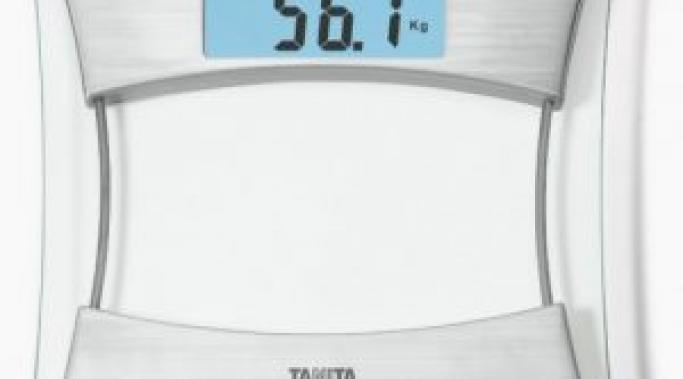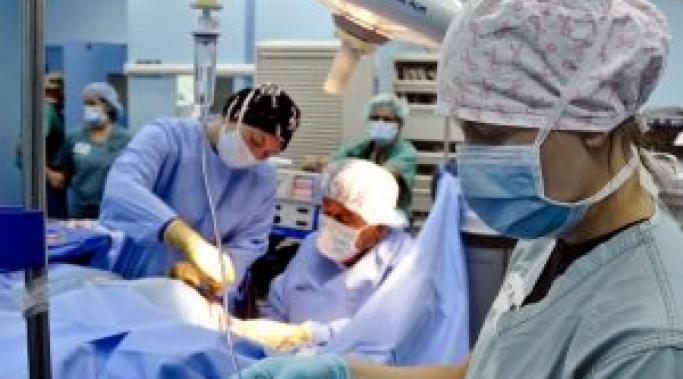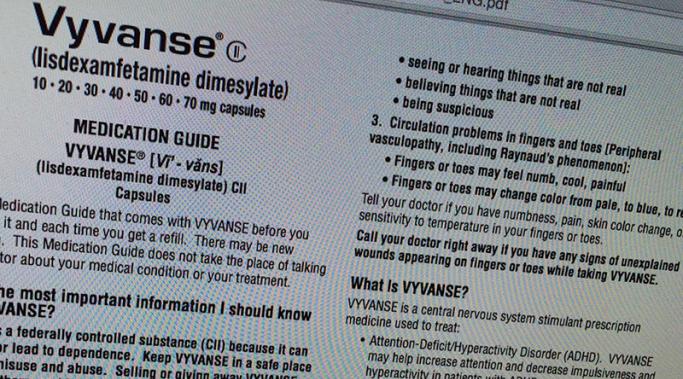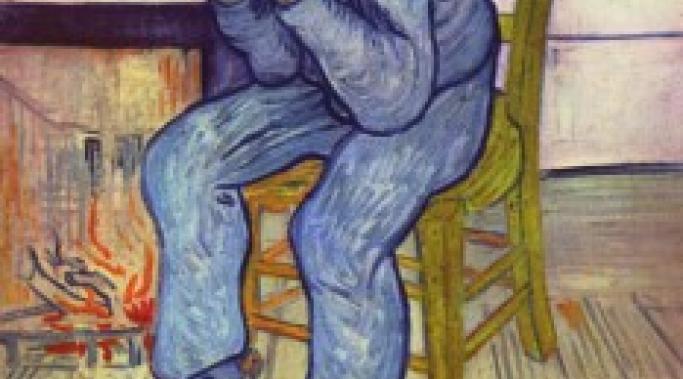Ever experienced unhelpful binge eating disorder tips from strangers? Although binge eating disorder doesn't have the same recognition as other eating disorders, I've found that people everywhere are willing to "help" you out with hints and tips that they just learned. Although this is similar to concern trolling, these hints and tips are slightly different. Whereas a concern troll is someone that cares about you and wants to help, these unhelpful binge eating disorder tips are from strangers that are disseminating questionable information in order to hear the sound of their own voices.
Binge Eating
Getting diagnosed with binge eating disorder can be challenging because coming to terms with any diagnosis of a mental health issue can be difficult. After you're diagnosed, you might be feeling a lot of different things, all of which are normal to feel. It's important to remember that you are being treated for a psychological problem and that with treatment and personal accommodations, you can live a great, productive, happy life after your have been diagnosed with binge eating disorder.
Self-care can help defeat binge eating disorder triggers and cause you to act less negatively towards yourself. Self-care is important with anyone with binge eating disorder or other mental health problems and the benefits of slowing down, taking care of yourself, and allowing yourself time to breathe can't be overstated. What have you done to take care of yourself and your binge eating disorder today?
Binge eating disorder and concern trolling is common. When you have an eating disorder, like binge eating disorder, sometimes people act like you're incapable of taking care of yourself and you need as much help as you can get. This "concern," however, is infantilizing, humiliating, and does not do any actual good. Of course, a lot of people don't realize that what they're doing is unneeded, harmful and just concern trolling for binge eating disorder. They think they're helping.
Living with and talking about binge eating disorder can be extremely difficult, not just for the disease itself, but for peoples' expectations of how you are affected by this illness and how you are supposed to discuss it. All too often people who have no idea what we go through want to dictate how eating disorders can be talked about and shared. Sometimes reposting a simple article on Facebook is all that it takes for someone to turn your attempt to disseminate information into a chance for them to inform everyone how people are allowed to talk about eating disorders. But you should feel free to talk about binge eating disorder in your own voice.
There's a popular conception in society about what eating disorders are and how they function. At best, these ideas are a piece of the puzzle, at worse, they're totally inaccurate. So what does binge eating disorder look like and how do we treat people in society that have it? There is no one right answer to what binge eating disorder looks like and realising this will help with the second.
When you have binge eating disorder, it can sometimes come with massive weight gain as a side effect. It seems pretty obvious that overeating can cause you to gain weight, but that's not always the case and it should never be an assumption. But when it does happen, the reality of gaining weight quickly because of binge eating disorder can be very difficult to process and come to terms with.
I wrote previously about my experience with gastric sleeve weight loss surgery for binge eating disorder. Now I'm going to go into a little more detail about my experience and how this changed my prognosis of binge eating disorder. Although gastric surgery is a huge decision and certainly not right for everyone, it can be an awesome tool used to treat this very serious eating disorder.
Vyvanse (lisdexamfetamine dimesylate) is a medication that was previously used to treat attention-deficit/hyperactivity disorder (ADHD), but Vyvanse is now being marketed as the first and only Food and Drug Administration (FDA) approved treatment for moderate to severe binge eating disorder. Although there are some concerns when it comes to taking this pill, it's a great opportunity for those suffering from binge eating disorder to have another treatment option to utilize. Also, the additional research will help progress binge eating disorder treatment options in the future.
Lots of people with mental health disorders, such as binge eating disorder, don't just suffer from one mental illness. Comorbidity is a term used to describe when two or more chronic illnesses are present in the same person. While not everyone has this problem, lots of people do suffer from binge eating disorder and other mental health disorders. For instance, I have binge eating disorder and bipolar disorder. Sometimes, one mental health disorder can aggravate the other and it can make dealing with binge eating disorder all the more complicated.


